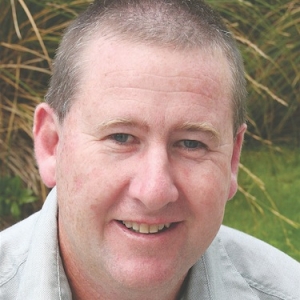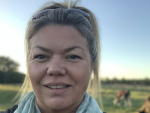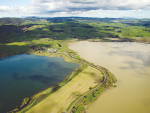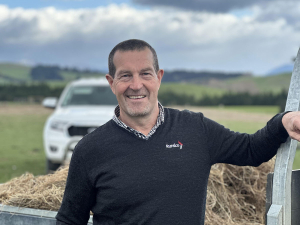The countryside is drying markedly in Waikato, though some areas that got recent rain are holding on. This may mean the third dry summer in a row for many areas, and this, with the poor payout, is putting pressure on some farmers.
It is too early in the summer to overreact, but plans must be made to ensure the farm is proactive, not reactive.
Because the economics are not as good as last season it is not worth supplementing poorer-producing cows and keeping cull animals onfarm. These animals must be identified by herd testing and pregnancy testing to enable a culling guide to be drawn up and implemented when conditions dictate. It will also allow animals to be booked in early to meatworks to avoid lengthy holdups.
Consider also changing milking frequency to either 16-hour or once a day, best done while the farm still has feed.
Some animals may also be dried off if need be, though condition score should not be a limiting factor on farms at the moment.
Once you have ‘tidied’ the herd, turn your attention to a summer/autumn feed budget, primarily to assess the volume of supplement required. Feeding level of the cows will change on a weekly basis if pasture allocation starts to deplete.
Most important is to keep the cows milking until conditions improve. Every summer has a dry spell – maybe we are getting this one out of the way early!
Crucially now, keep updating the financial and feed budgets so there are no surprises on the cashflow side of the business.
Attend discussion groups and field days. Most importantly, keep talking to friends, family and neighbours, and don’t think that this is your problem alone.
The rural support line is available for farmers under stress. Things will improve; it’s a question of when, not if.
Lastly, make sure that you get off the farm at some point. Even in times of belt-tightening go to a movie, on a picnic, or take to a cycle or walking track.
Getting off farm can help put everything into perspective and give you something to look forward to.
What to do
-
Make a plan that is updated weekly
-
Consider some early culling
-
Ensure that there will be supplement available for when the rain does come
-
Monitor feed reserves and cow CS
-
Look at changing milking frequency
-
Talk to people
-
Have some time off farm
• James Thomas, is a FarmWise consultant.











